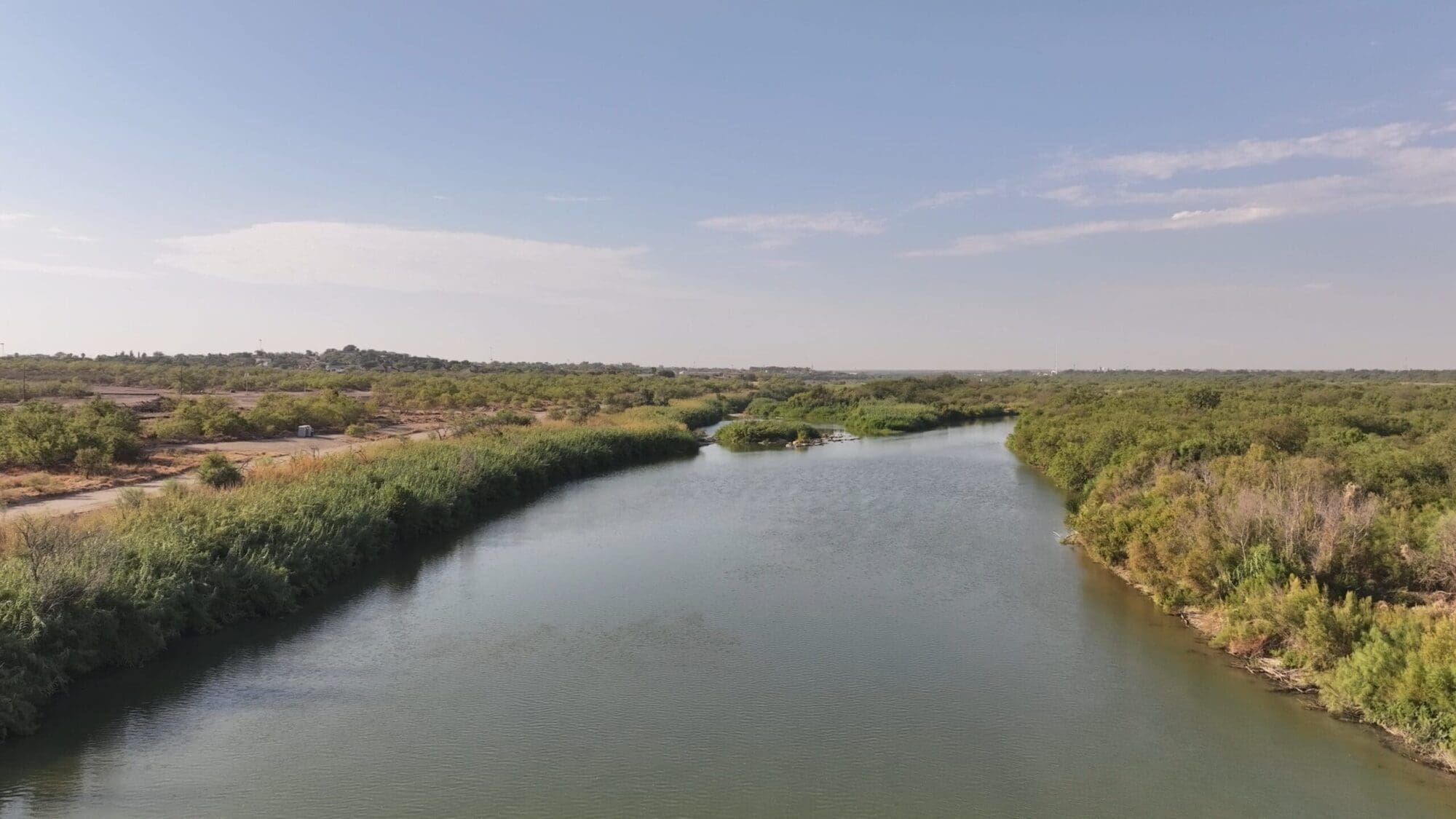Gov. Greg Abbott has directed the Texas Commission on Environmental Quality to accept Mexico’s offer to transport water from the San Juan River to the Rio Grande Valley.
Abbot’s direction is in accordance with Mexico fulfilling terms of a 1944 Water Treaty with the U.S. that requires Mexico to deliver 350,000 acre-feet of water to the Rio Grande Valley while the U.S. is to provide 1.5 million acre-feet of water to Mexico from the Colorado River.
“Water is essential for Texans along the Rio Grande Valley to grow crops and support local communities and businesses,” stated Abbott.
The governor also asserted that “Mexico’s blatant abuse and disregard of water obligations under the 1944 Water Treaty must not be allowed to continue.”
“Today, I directed the Texas Commission on Environmental Quality to accept a San Juan River water offer from Mexico to supply our farmers and businesses in the Rio Grande Valley with much-needed water.”
According to a new agreement signed by the United States and Mexico, water sent to the U.S. from rivers originally allotted in the 1944 treaty for Mexico’s use can be credited toward the estimated 350,000 acre-feet of water Mexico agreed to deliver to the Rio Grande Valley.
Abbott’s office further explained that although the International Boundary and Water Commission has taken the position that water from the San Juan River is creditable against Mexico’s water delivery commitment, but Texas stands firm in its position that Mexico’s commitment can only be satisfied by water from one of the six tributaries named in the 1944 treaty.
“I am grateful for Governor Abbott’s proactive efforts to secure water resources for the Rio Grande Valley, which are essential for supporting our local communities, agriculture, and economic sustainability,” said U.S. Rep. Monica De La Cruz (R–15). “By directing TCEQ to move forward with this water offer, Governor Abbott is demonstrating his commitment to ensuring that the people of South Texas have access to the resources they need to thrive.”
“We urge TCEQ to ensure that this water is not credited against current water allocations, aligning with the original intent of the 1944 Water Treaty,” De La Cruz emphasized.
De La Cruz asserted that it is vital to uphold the integrity of the treaty to prevent further deficits and protect long-term water rights in the region.
De La Cruz has also introduced the South Texas Agricultural Emergency Assistance Act, which would financially support agriculture producers in the Rio Grande Valley who have suffered economic losses because Mexico failed to meet its water delivery requirements.
The offer from Mexico is pending approval from the Texas Commission on Environmental Quality and would send 120,000 acre-feet of water to the Rio Grande Valley.





